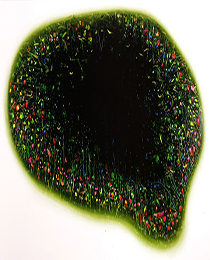
On August 28, 1963, Martin Luther King, Jr. mounted the steps of the Lincoln Memorial to deliver a speech entitled “Normalcy, Never Again.” That day, however, Martin Luther King, Jr. deviated from the “Normalcy” text to improvise what is now known as the “I Have A Dream” speech. On January 20, 2009, the day after Luther King’s birthday and once having being. . .

